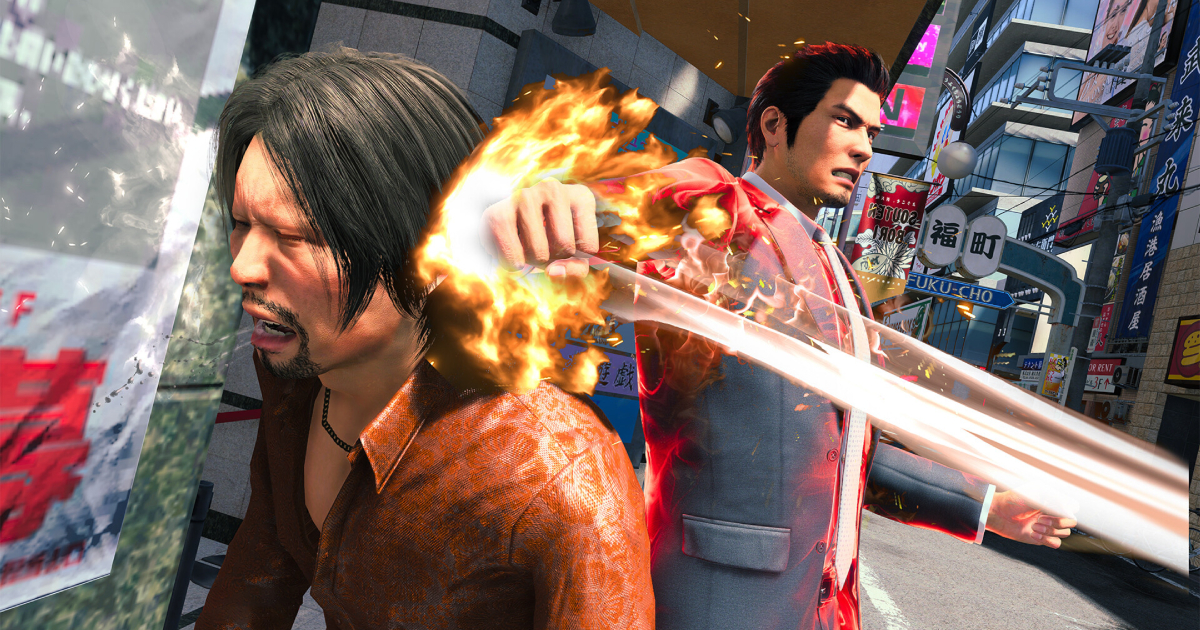Yukio Sugino, president and COO of Sega Corporation, has opened up about the rising development costs in the Japanese games industry. He also touched on the company’s plans to further increase the number of foreign employees.

Like a Dragon Gaiden: The Man Who Erased His Name
In a recent interview with Famitsu, Sugino noted that development costs are rising as the quality of both Japanese and overseas studios improves. So he is “concerned about where game development will go in the future.”
The Sega president thinks that games with a production budget of ¥10 billion (around $72 million) “will become the norm” in the Japanese industry when the next generation of hardware comes out.
According to Sugino, Sega will continue to further increase the share of its overseas staff. “What kind of team will develop titles that will be released in the future, and how will they be developed?” he said. “We can’t just follow the way things have been done so far, so I think we have to take various measures.”
Sugino probably speaks for Sega rather than for the global games industry as a whole, but the fact that average development costs for AAA games have skyrocketed in recent years is undeniable. For example, Eidos Montreal told GI.biz in 2018 that “Shadow of the Tomb Raider, and other different AAA single-player games, cost $75 million to $100 million.”
Documents that Sony provided to the court during the FTC v. Microsoft hearing revealed that The Last of Us Part II cost $220 million over six years and 10 months. Another PlayStation blockbuster, Horizon Forbidden West, had a production budget of $212 million.
Over the past several months, we also saw some examples of commercially unsuccessful AAA games with $100+ million budgets, including Forspoken, Callisto Protocol, and Saints Row.
Although not every AAA title costs that much, it is likely that Sega will be spending about $70 million on its first-party titles in the future. The list of the company’s studios includes Sonic Team (Sonic the Hedgehog), Ryu Ga Gotoku Studio (Yakuza/Like a Dragon), Creative Assembly (Total War), Atlus (Persona), Relic Entertainment (Company of Heroes), and the recently acquired Rovio Entertainment (Angry Birds).
Sugino’s interview with Famitsu is full of other highlights:
- Sega currently employs around 3,500 people — 2,000 developers in Japan and around 1,500 overseas workers;
- Overseas markets account for 80% of the company’s revenue from PC and console games;
- However, domestic sales account for almost 90% of its mobile revenue — Sega wants to strengthen its position in the global mobile market through the acquisition of Rovio;
- The company still values its domestic players: “The reason why the Yakuza and Persona series are starting to sell well overseas is because Japanese users first recognized their value”;
- Sugino believes that it is important to take into account all the nuances of each platform and not neglect the quality of localization (it is also crucial for expanding into emerging markets in regions like Southeast Asia).
